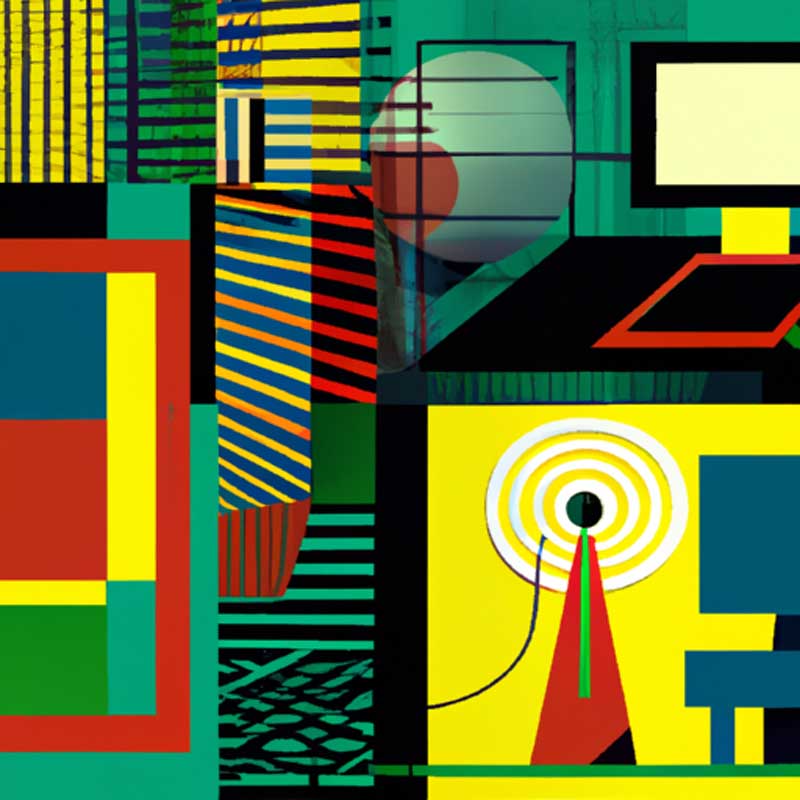TLDR:
- George Carlin’s family is suing over an AI-generated YouTube special that they claim emulates the late comedian.
- The special, titled “George Carlin: Alive Again,” was created using AI technology that analyzed Carlin’s recordings and replicated his voice.
- Carlin’s daughter, Kelly Carlin, expressed disappointment and shock at the AI-generated special, stating that it lacked the depth and complexity of her father’s performances.
- The family’s lawsuit argues that the special violates Carlin’s right to publicity and damages his legacy.
The family of late comedian George Carlin is suing over an AI-generated YouTube special that they claim emulates the iconic comedian. The special, titled “George Carlin: Alive Again,” was created using artificial intelligence technology that analyzed Carlin’s recordings and replicated his voice. However, Carlin’s daughter, Kelly Carlin, expressed disappointment and shock at the AI-generated special, stating that it lacked the depth, complexity, and personal touch of her father’s performances.
According to Kelly Carlin, the AI-generated special fails to capture the essence of her father’s comedy and instead presents a shallow imitation. She explains that George Carlin’s comedy was not just about the words he said, but also about the unique delivery, timing, and physicality that he brought to his performances. The AI-generated special, in her opinion, lacks all of these essential elements. She also expressed concern about the potential commercialization and exploitation of her father’s image and legacy.
The family’s lawsuit argues that the AI-generated special violates George Carlin’s right to publicity, as well as California’s right of publicity statutes. They claim that the special uses Carlin’s likeness and voice without authorization and without adequately representing his true artistic persona. The lawsuit seeks to stop the distribution of the AI-generated special and seeks damages for the harm caused to Carlin’s legacy.
This case raises important questions about the boundaries of AI technology and its impact on artistic expression and intellectual property rights. While AI has the potential to create incredibly realistic simulations, there remains a significant difference between an AI-generated imitation and the authentic work of an artist. This case serves as a reminder that AI should be used responsibly and ethically, taking into account the rights of the individuals it seeks to replicate.
It is yet to be seen how the court will rule on this case and what implications it may have for the future of AI-generated content. However, the outcome could set a precedent for how AI technology is used in relation to deceased artists and their intellectual property rights.
